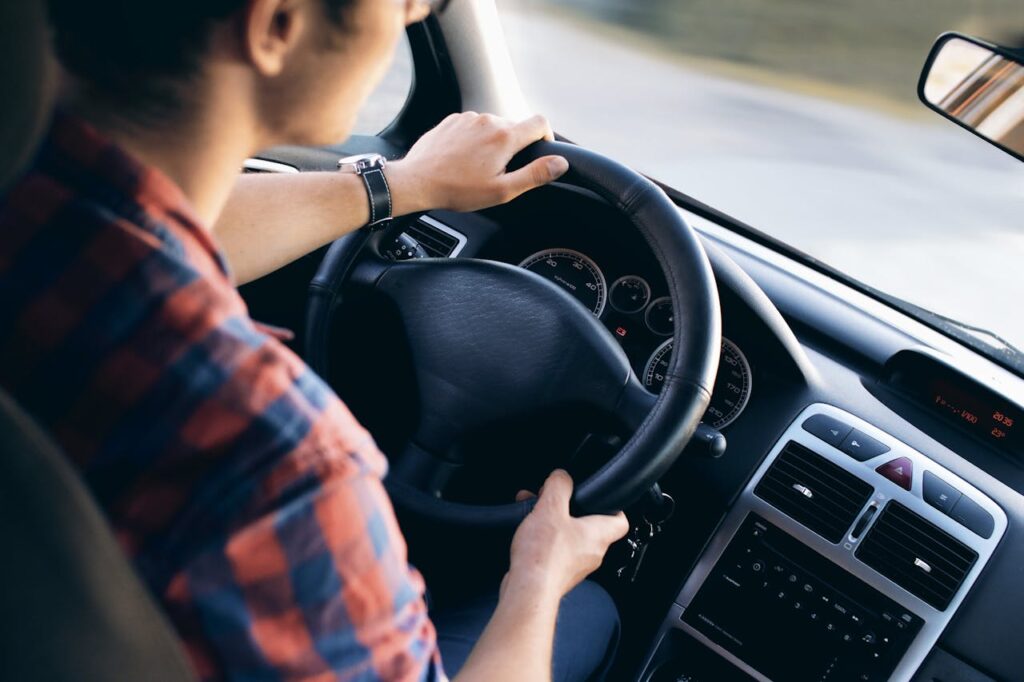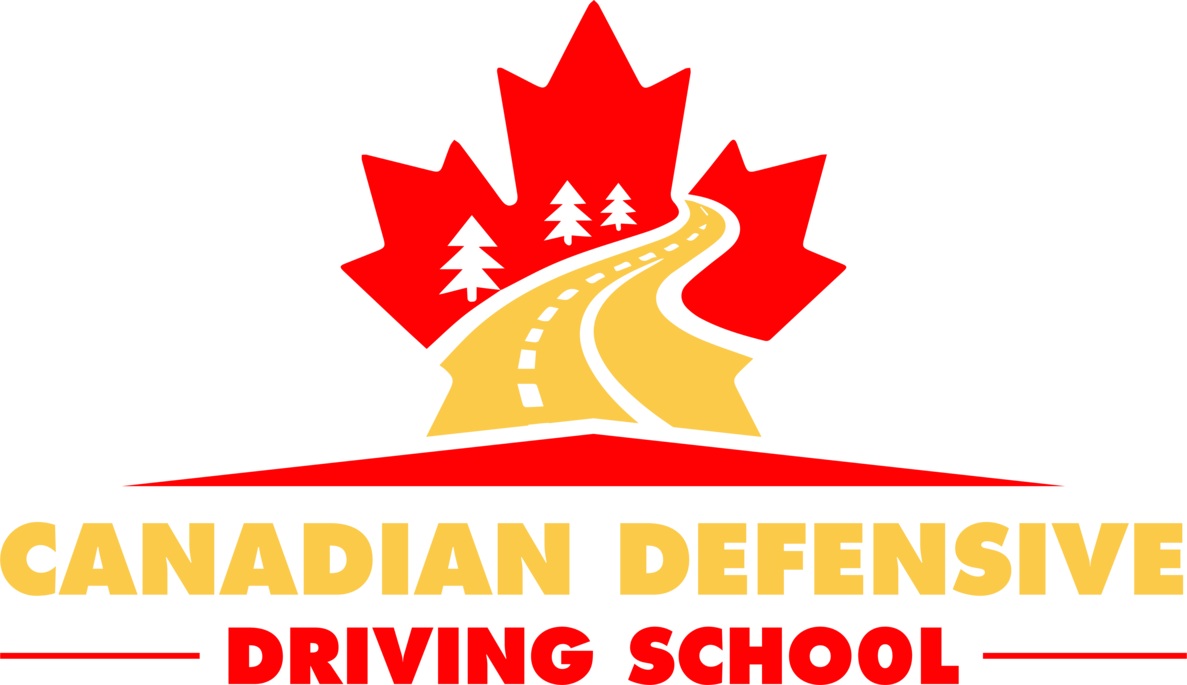
Driving is A Privilege
- Home
- Driving is A Privilege
Driving is A Privilege

November 1, 2024
Driving is not just about the convenient method of getting from one place to another, but also a responsibility for not only the driver himself but all those on the road. When we look at driving as a privilege, it is something which demands responsibility, knowledge, and respect for others, rather than a right freely given to everyone. The latter can be earned or lost in terms of its responsible use. New drivers should especially hit the road with their eye on safety as well as with learning. Availability in the DRIVER’S ED COURSE or DRIVER’S EDUCATION program will mean that all new drivers have a good foundation and are geared with enough skills and awareness in order to give every responsible navigation of the roads. Such programs emphasize not only technical skills but also a mindset about driving and make new drivers realize that driving is a privilege accompanied by tremendous responsibility.
In Canada, the process of acquiring a driver’s license is gradual, allowing novice drivers to prepare for the roads.
“There is no end to education. It is not that you read a book, pass an examination, and finish with education. The whole of life, from the moment you are born to the moment you die, is a process of learning.”
– Jiddu Krishnamurti
The process normally begins with a written test on knowledge, and then on to a graduated system of licensing where motorists are gradually introduced to more challenging conditions of road driving. Ontario, for instance, has G1, G2, and G licenses, each having different restrictions and requirements. This approach helps the drivers establish deep foundational skills gradually but also displays that they are prepared to handle the responsibility of being on the road. Being licensed entails responsibilities far beyond just following the traffic rules. The safety conscious decisions, being attentive to the road conditions and being updated on changes in such conditions and regulations form essential responsibilities of a licensed driver. They are responsible for their safety as well as others on the road, thereby requiring responsible driving even further.
This is where a DRIVER’S ED PROGRAM, like the BDE DRIVER’S ED PROGRAM, becomes of great importance.
These programs are designed to provide far more than the minimums. They include critical skills such as defensive driving, situational awareness, and hazard assessment, making sure that drivers are not only informed about the mechanics of driving but also the attitude necessary for safe driving. Through professional instruction, the students become confident and will understand road safety issues to prepare them for the privileges and responsibilities of a license. Driving is a privilege given by society to its citizens who demonstrate responsibility and the skills needed to travel roads safely.
Unlike rights, which are inherent and cannot be restricted, a privilege must be earned and can be taken away. This distinction is important, and it reiterates drivers must always live up to certain standards. Viewing the act of driving as an entitlement makes people adopt a safer behavior and observe and respect the rules of road because this entitlement hinges upon their ability to maintain said standards. At times, when drivers fail in their duties, the consequences become too harsh. Irresponsible driving may lead to fines, license suspension or even grave accidents that will leave one injured or dead. Such consequences remind the driver how important it is to always obey traffic rules and avoid distraction and carelessness behind the wheel. Suspension from driving, for instance implies that driving is not just a right but a privileged activity, reminding that its loss is possible.
This is why training and, therefore, skill development in the form of our TOP DRIVER’S ED PROGRAM are so important. Programs like this do not just teach the minimum requirements; they teach defensive driving, risk assessment, and situational awareness that gives the driver skills far beyond the ordinary road maneuvers. Quality driver’s education fosters a culture of safe driving, preparing the students for the realities of the road. Students are not only technically prepared but also conscious of the responsibility that accompanies this privilege. and
The term defensive driving, in general, more or less describes a defensive approach to driving since it outlines an anticipation of perils and safe judgments made at calculated moments to elude accidents. Defensive drivers are not merely reacting as things happen; rather they are trained to be more alert and observe their environment closely to detect possible threats before they become immediate danger. This is the basic principle of accident prevention because the provision of techniques to enable drivers to maneuver in unanticipated situations safely encompasses abrupt stops by other vehicles to bad weather or roadway obstructions.
Many benefits for drivers with any level of experience are gained through learning defensive driving techniques. Defensive driving leads to situational awareness, which in turn decreases the chances of collision and allows one to retain control during tough times. The ability to have a sufficient gap to stop on time, adjust one’s speed based on the conditions of the road, and look ahead for dangers can ensure that decisions are safe and made efficiently while on the road. It keeps the driver safe, but it also helps keep others who are using the roads safe as well, such as pedestrians and bicyclists.
Most DRIVER’S ED COURSE curriculums and PRIVATE DRIVING LESSONS include teaching students how to defensively drive. Over and above teaching the basic actions involved in driving, these programs teach techniques to identify threats and how other drivers may act. It is with this concentrated form of teaching that students acquire the specific skills and attitude to be defensive drivers, ready to not only deal with the road but also to actively contribute to a safer society of drivers.
Choosing the right driving school forms one of the most essential steps toward becoming a responsible, confident driver. Good quality driving education directly bears on road safety because only well-trained drivers are capable of responding to different kinds of road situations and then making safe decisions. It is not just the basis of teaching the basics; the good driving school equips drivers with a solid basis in both technical skills and defensive driving strategies to better prepare them for real challenges on the road.
There are a few important considerations when choosing a driving school. First, it is essential to have certified instructors who have the experience and credentials to deliver effective training. Instructors with a comprehensive knowledge can offer guidance tailored to each student’s needs, ensuring they understand essential concepts thoroughly. A well-rounded curriculum is equally important, covering everything from basic driving skills to defensive techniques and road safety. Lastly, seek the positive remarks and reviews from past students. These are signs that indicate the reputation of a school and how effective its services are.
For individuals who stay in Canada, Canadian Defensive Driving School is a place to learn top-class skills, with safety being number one. Other schools that can be found are ST. CATHARINE’S DRIVING SCHOOL, DRIVING SCHOOL IN NIAGARA FALLS; they also have very great programs that will equip learners for the challenges on the road. Such institutions promote responsible driving and provide structured courses that have educationally high standards. Driving schools provide new drivers with skills and confidence to make roads safer.
Every driver takes a very important role toward the safety of roads. Being a responsible driver does not only mean following all the traffic rules but instead is a commitment to a good practice, attention, and respect for other users of the road. Where drivers take up their responsibility seriously, then they have reduced the risk of an accident, making roads safe for all users: the driver, passengers, pedestrians, and cyclists.
Quality DRIVER’S EDUCATION is actually the ground on which responsible driving habits can be cultivated. Full education programs go beyond training in basic skills to developing an awareness and level of confidence to know how to handle difficult situations while driving. Moreover, through defensive driving, becoming aware of potential dangers and safely maneuvering through roadways, drivers are more equipped to make good choices even when under pressure. Preparing them for safer behaviors leads to better larger scale road safety.
This stretches the benefits even beyond any one particular driver. When many citizens in a society develop responsible habits of driving, the good effects of that come upon all members of the society. When few are killed or injured, there is less pain and less monetary cost to their survivors when they do not return; those who survive remain and fewer of their loved ones must suffer pain and pecuniary loss due to the loss of a relative or friend. Finally, responsible driving is associated with less healthcare costs and fewer claims for insurance besides decreased tension on emergency response units. Thus, by choosing driver education focusing on safety and skill-building, drivers also contribute to long-term positive change in their communities. As safe driving is a shared responsibility, we, together, can make the roads safer for all.
Driving is a privilege carried with great responsibility for your personal safety and that of others sharing the road. Treating driving as a privilege means being educated, vigilant, and accountable. A good DRIVING SCHOOL IN CANADA is equipped with skills to drive roads with confidence and responsibility. For quality training, Canadian Defensive Driving School offers programs that will help build safe driving habits and a deeper understanding of road safety. Take the first step toward responsible driving—choose a trusted program and make our roads safer for everyone.
Recent Post




One Response